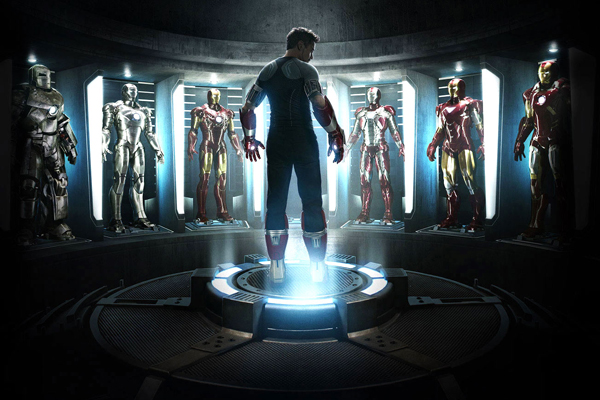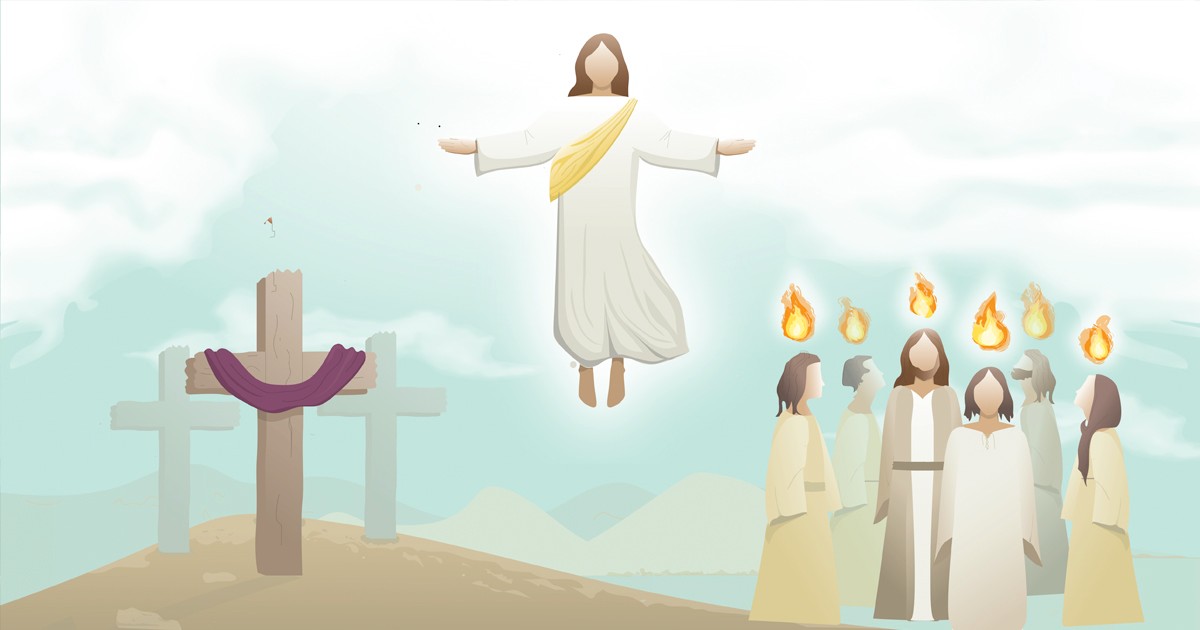 As the new summer blockbuster Iron Man 3 opens, billionaire industrialist Tony Stark (Robert Downey Jr.) has just about everything he could ever need.
As the new summer blockbuster Iron Man 3 opens, billionaire industrialist Tony Stark (Robert Downey Jr.) has just about everything he could ever need.
“I build neat stuff, I've got a great girl and, occasionally, save the world,” he observes.
But when he nearly loses it all (most notably his high-tech collection of armoured suits) to the Mandarin (Ben Kingsley), a mysterious supervillain with nefarious intentions, Tony has to figure out the answer to a question that has haunted him since he first created his heroic Iron Man persona: “Does the man make the suit or does the suit make the man?”
Do-It-Yourself Life
While that question might get lost in over-the-top special effects, mind-blowing fight sequences and a suspenseful plot, it's still an important one to ponder. We all, at some point in our lives, have to come to grips with that thought: Are we only made great by the “suits” we wear?
In today's world, a suit might just be that: a suit, something a person wears to look good or feel confident. Others might rely on their personality or talent to reinforce their self-worth and significance.
There's nothing wrong with looking good or wanting to present a certain image, but it can become a problem when those externals overshadow and even replace God, and we rely on our own manmade “suits” to get the job done.
Hard-Rock Lesson
King Saul of the Bible was no Tony Stark, but the two share some similarities, including suits of armour. God hand-selected Saul to be Israel's first king, but he strayed from God's plan and began relying more on his own abilities rather than trusting in his Creator.
As time went along, Saul fell prey to self-doubts, but a young shepherd boy named David arrived to soothe the king's mind with his skilled harp playing. David, too, had been called. God saw in him a gifted young man who trusted first in Him and not in his own talents and physical gifts.
In the Old Testament, we read about a conflict between the Israelites and the Philistines (see 1 Samuel 17). David was visiting his older brothers on the front lines, but was incensed when he saw the Philistine warrior Goliath mocking God's people. David went to Saul and asked permission to fight the giant. Saul initially said no, but David persisted. Saul tried to dress David in his armour, but it was too big and uncomfortable.
David was confident he didn't need the armour; God was on his side. “Your servant has killed both the lion and the bear,” David proclaimed to King Saul. “The Lord who rescued me from the paw of the lion and the paw of the bear will rescue me from the hand of this Philistine” (1 Samuel 17:36-37).
David killed Goliath with one rock from his trusty slingshot.
Question and Answer
David already understood the principle that would be taught hundreds of years later in one of the most quoted and empowering lines in the New Testament: “I can do all things through Christ who strengthens me” (Philippians 4:13 NKJV).
But what most people miss is what the Apostle Paul says one verse earlier: “I know what it is to be in need, and I know what it is to have plenty. I have learned the secret of being content in any and every situation, whether well fed or hungry, whether living in plenty or in want” (Philippians 4:12 ).
In Iron Man 3, Tony Stark is forced to learn what it feels like to have nothing. And sometimes it's good for us to have that same humbling experience. When we get to that place where we can truly rely on God for everything, we can rest in God's perfect peace and accomplish great things in His name.
So what then is the answer to Tony's question? It's easy, really.
It's not the man that makes the suit or even the suit that makes the man. As the Bible says: “People look at the outward appearance, but the Lord looks at the heart” (1 Samuel 16:7).
For a beleaguered Tony Stark—and for all of us—that's an ironclad guarantee.










Leave a Comment